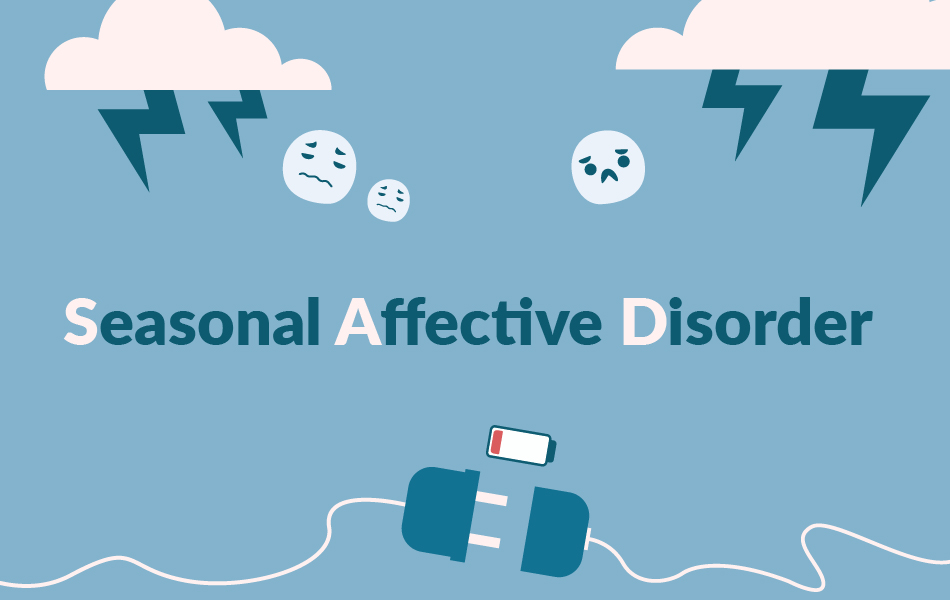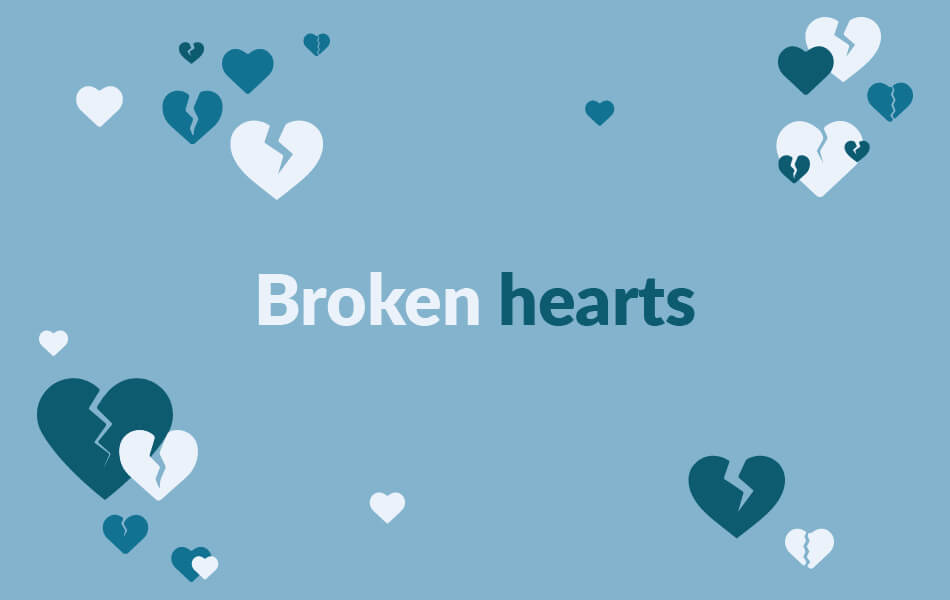Anxiety Treatment
Why You Should Seek Anxiety Treatment
Anxiety disorder is a medical condition that, when untreated, can negatively impact all areas of your life as well as your overall health and well-being.
People find it hard to accomplish everyday tasks, have trouble being productive at work or school, struggle to focus, and can't maintain personal relationships. All of this seems a high price to pay for a condition that is ultimately treatable through various methods. Some people opt for anxiety treatment without medication, although more severe cases benefit significantly from therapeutic interventions.
Whatever form of treatment comes in, the important thing is that help for anxiety disorder is received. It is the beginning of taking back control over your life. And since this condition is sometimes linked to other illnesses, like depression, it is in your best interest to seek treatment sooner rather than later, before your condition worsens.
Get in touch with a professional
Contact us today if you or a loved one needs professional help with anxiety.
What Happens When Anxiety Disorder is Not Treated?
Depression is known to partner well with anxiety. This means that in cases where either of the two is present, the other may also develop – people who are often depressed also have anxiety disorder and vice versa. A very high percentage of reported suicide cases are known to have suffered from depression and anxiety. The risk of not coming back from an entirely treatable condition is exceptionally high when anxiety is ignored.
Substance abuse cases are also common because it becomes an easy way to numb the constant feelings of heightened stress and fear. Many people say that drugs, alcohol, or smoking are a way to alleviate their anxiety symptoms. However, although these substances might lessen symptoms for a short period, they always return and are more aggressive when they do.
Finding Help for Anxiety Disorder
Taking early steps to treat anxiety significantly reduces your condition's chances of developing into something worse. The simple act of reaching out can avoid severe mental and physical health problems. Too often, people are scared to speak up because of the stigma surrounding mental illness, not realising that they can lead satisfying and fulfilling lives despite their anxiety disorder. Even mild cases have the potential to get worse quickly, so it's always best to speak to your doctor or psychiatrist as soon as you notice something might be wrong.
At ZwavelStream Clinic, we specialise in anxiety treatment, providing our clients with a healthy and safe environment to reclaim the balance in their lives. Every case is treated with the utmost confidentiality, and treatment is planned on a client-specific basis. Contact us for more information about how you can get the help you need.
Basic Mental Health Quiz
Taking the first step to mental health involves determining whether you may have a problem. Our quick online questionnaire will assist you to do that.













